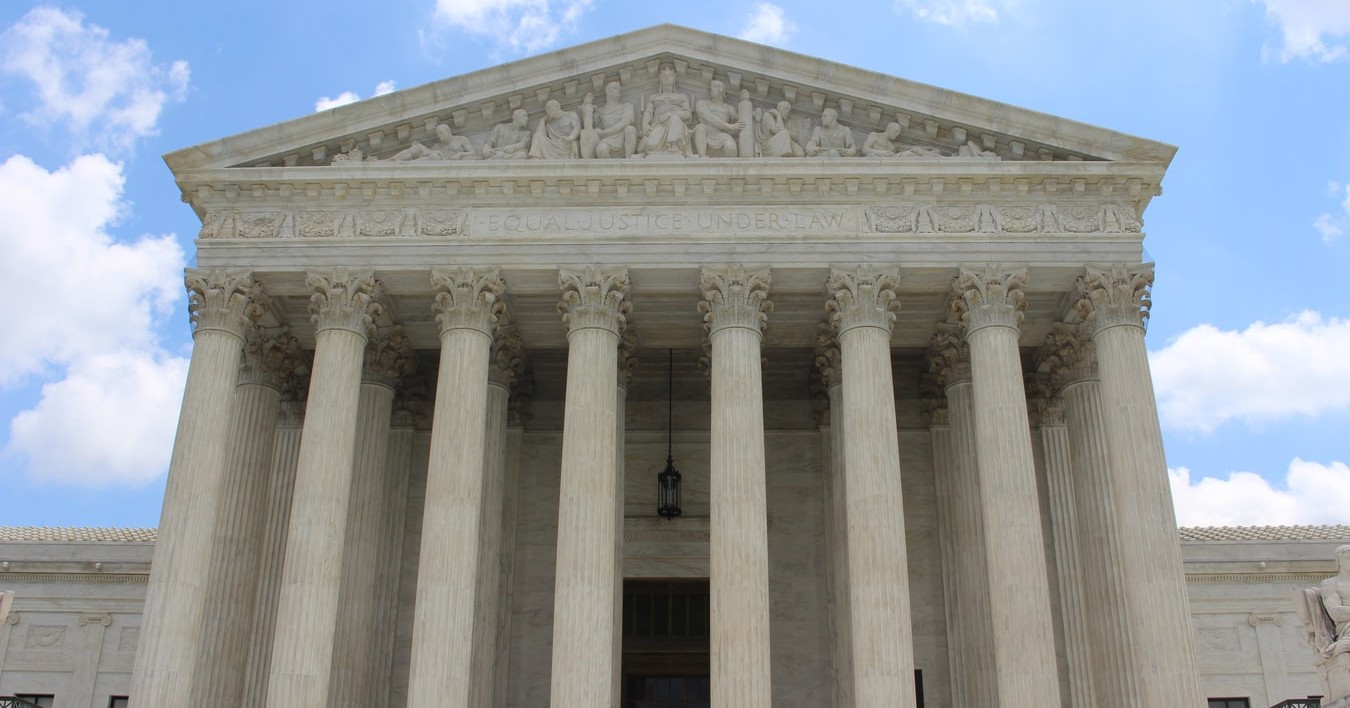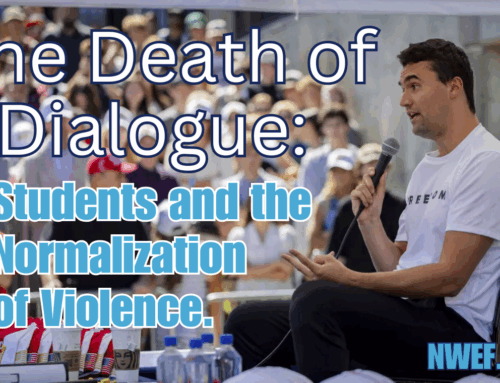
The Supreme Court announced on Friday that it will hear Carson v. Makin, a case challenging a Maine policy that prohibits the use of government funds for religious schools.
According to AP News, the Maine Department of Education allows families to use public tuition dollars at the private or public school of their choice if there is no nearby public school. But there’s a catch: those public tuition dollars cannot be applied to religious schools.
A group of Maine parents who want to send their children to a Christian school believe the state’s ban denies their rights protected by the Free Exercise Clause of the First Amendment, Daily Caller writes.
“It prohibits otherwise-qualified religious secondary schools from receiving funds available to other secondary schools that meet Maine’s basic school approval requirements—simply because of their religious character,” the parents claim. “That discriminatory restriction is odious to our Constitution, and it cannot stand.”
The families initially brought the case to the United States Court of Appeals for the First Circuit, but the court decided against them. The court deemed that Maine is not violating anyone’s religious liberty. In their interpretation, the state simply decided not to sponsor religious education.
Maine Attorney General Aaron Frey said after the ruling, “Maine is not discriminating based on the religious status of any private school. Rather, Maine is simply declining to pay for religious instruction that would be unavailable in a public school.”
However, the Supreme Court has agreed to hear Carson v. Makin. AP News reports that this decision follows a recent Supreme Court case in Montana. In that case, the Court ruled that states cannot discriminate against religious schools with public funding. Other similar cases have appeared in New Hampshire and Vermont.
The American Civil Liberties Union (ACLU) of Maine has supported Maine’s decision to ban the tuition program from covering religious schools. “Every court, state and federal, that has reviewed Maine’s tuitioning law has found it to be constitutional,” ACLU of Maine legal director Zachary Heiden says. “We hope that the U.S. Supreme Court will agree.”
The Institute for Justice (IJ) represents the parents in the Carson v. Makin case. Senior Attorney Michael Bindas of IJ said in a press release, “By singling out religion—and only religion—for exclusion from its tuition assistance program, Maine violates the U.S. Constitution.
“The Court’s decision to hear this appeal is a tremendously important development not only for Maine families, but for all families who simply want access to the schools that will best serve their children’s needs,” Bindas stated. “If a family believes that a school that provides religious instruction is the best option for their child, they should be permitted to choose it, just as they should be permitted to choose a school with a strong STEM curriculum, language immersion classes or a robust arts program.”
Forbes notes that many families have grown dissatisfied with public schooling this past year due to issues that arose from the pandemic. About 10% of parents now say they plan to homeschool their children, which is double the number from last year. Among parents who decide to keep their kids in a classroom setting, only wealthy families have the opportunity to choose which school their children attend. Those who cannot afford better schools are in the greatest need of tuition programs that enable school choice.
“Now more than ever, it is time to expand educational opportunity for all families,” Scott Bullock, IJ President and General Counsel, says. “Parents should have access to a wide array of educational options—public and private, religious and non-religious—so that they can access the school that best meets their child’s unique, individual needs. The Supreme Court now has the chance to help make that a reality.”
How do you think the Supreme Court should rule in this case? Do you think tuition programs should cover religious schools?





[…] comes less than a week after another school religious liberty case, Carson v. Makin. In this case, Maine’s school choice program excluded religious schools, which the Court ruled to be […]